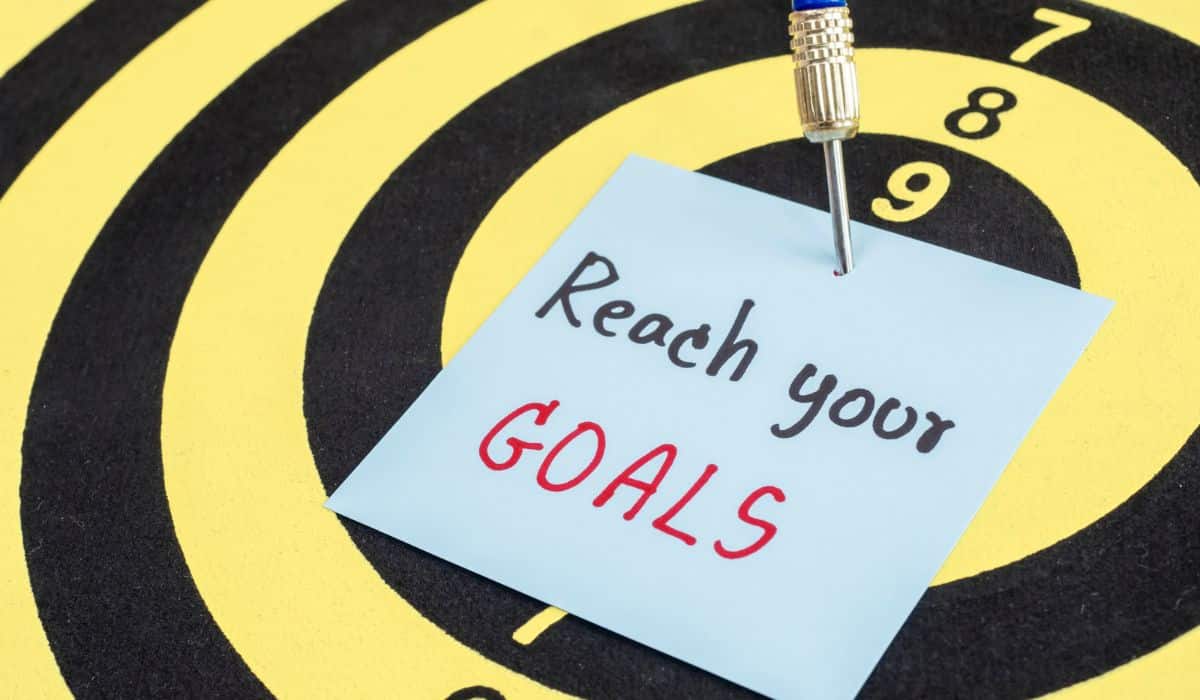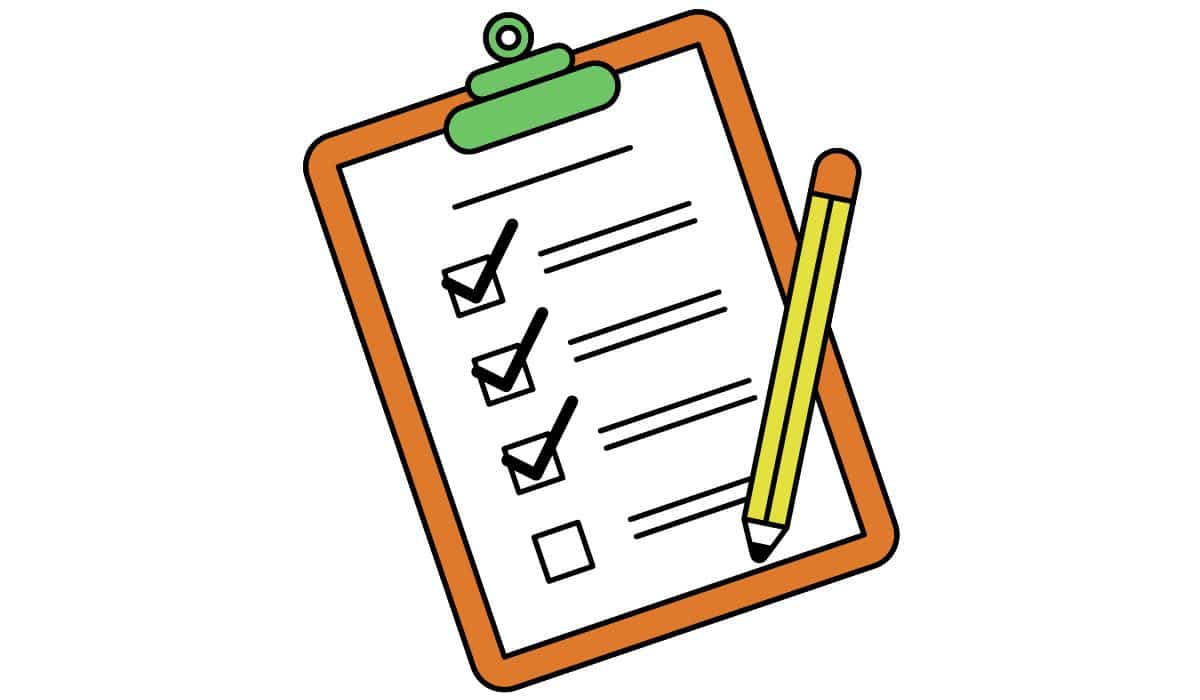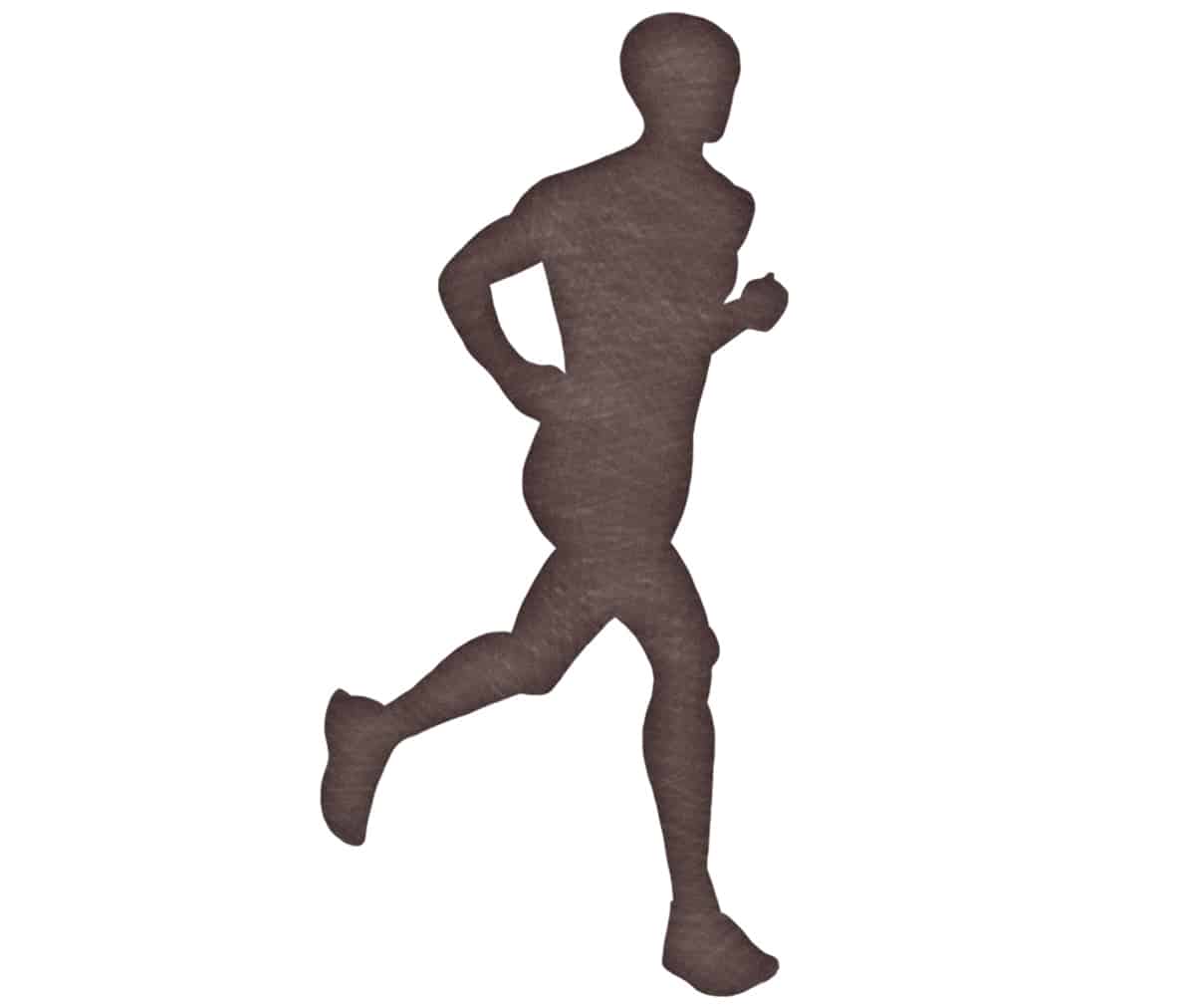“I’ve tried to stop binging so many times and I always fail. I’m never going to be able to eat normally.”
“Every time I try to lose weight, I quit after a week. I’m not going to try to be healthy any more. What’s the point?”
This attitude is called learned helplessness. If we try to do something but keep failing, eventually we learn from the constant failure, conclude that we can’t do it, and stop trying - even when we're actually in a situation where we could do something. Everyone has a different threshold for how many failures they can take before this kicks in (some people give up after one try; others will go back again and again for another swing), but most of us have experienced the “I can’t do this; I quit” effect at some point.
This isn’t a problem when quitting is reasonable (“I can’t knock this house down by banging my fists on it, so I quit; I'm calling a wrecking ball crane”). The real problems with learned helplessness are:

- Ignoring alternative ways to reach your goal ("I can't lose weight by running marathons, so I'll never lose weight and I quit trying" - there's an alternative way to reach your weight-loss goal, namely changing your diet, which is actually much more effective)
- Over-generalizing from a limited set of failures (“I’ve failed five times to run a marathon, so I quit all sports” - you have evidence that you've failed at marathon running, but that doesn't mean squat about whether you'll fail at tennis)
- Misunderstanding the cause(s) of your failures ("I've failed at five marathons; I'm a naturally an awful runner and I'll never succeed" - when actually you didn't drink anything during your marathons. This is NOT a problem of natural awfulness at running; it's an easily solvable problem of dehydration)
This is all normal. Learned helplessness in some form happens to almost everyone, and it’s nothing to be ashamed of. In fact, it’s the default reaction. “Learned helplessness” is actually a misnomer - helplessness is the default, and non-helplessness is what we have to learn.
Learned helplessness, food, and weight loss
Now bringing it around to food - a lot of people have learned helplessness about food and weight loss. They’ve tried so many things, so many times, and they’ve had their effort stomped on and thrown back in their faces. So they feel like they’re inherently incapable of losing weight or changing their diet, and they give up trying. This kind of perceived helplessness is a big barrier to changing eating behaviors. It becomes a vicious cycle: people fail because they think they’ll fail, which confirms their belief that they’ll always fail.
“Magically stop feeling helpless” is bad advice.
People who feel helpless or hopeless often get advice like “you just have to have faith” or “just don’t let yourself give up.” This is easy to say, but very silly advice. If it were that easy to “just” keep trying in the face of constant and humiliating failure, everyone would already be doing it. When someone has a lot of evidence and they really believe it all points to “this is hopeless,” just telling them to ignore all that evidence and magically feel hopeful instead is ridiculous.
So - this will not be a motivational series of pep talks about never giving up. Instead, it’s a list of three concrete, specific, actionable things that you can do if you feel this way about food or weight loss specifically. The goal is to understand whether the conclusion that “I’ll never be able to eat well/lose weight” is actually reasonable and justified by the evidence you have, and if so, what you can do about it.
1. Analyze your goal and failures.
At the top of a piece of paper, write down whatever it is you’ve learned you’ll never be able to do. Be specific. Let’s take weight loss as an example, e.g. “I’ll never be able to lose 25 pounds.”
Then write all the things you’ve tried that didn’t work (as specifically as possible) and try to figure out the common features. Don’t just write “dieting;” write down each specific diet. For example:
- 1200 cals/day
- 1500 cals/day with walking
- Alternate-day fasting with 2000 cals on eating days
- Burning 600 cals/day through running

This poor person has tried a lot of diets and it’s understandable that she’s discouraged. But a common feature here is calorie-counting. All her experience of failure has been with some kind of calorie-counting diet, and she’s just generalizing that to every kind of plan for weight loss.
What she’s actually learned is “I’ll never be able to lose 25 pounds through calorie counting.” (Technically, even this might not be true because she hasn’t tried every single form of calorie-counting, but we’ll roll with it.)
Look back at your “I’ll never” statement and see if you can modify it to specify what technique will never get you to your goal, based on your list of failures. You could even modify “I’ll never” to “In the past, I’ve failed at” or similar.
Now try to think of ways you could reach your goal that DON’T fit whatever common feature you see in the failures. For example, this person could try a basic Paleo diet without calorie-counting, which might break her out of the cycle of failure. It’s not reasonable to try every single kind of diet in the world, but if there are specific, modifiable factors that are common to all your failures, try changing them.
2. “Sure, but...”
This one is counterintuitive, but it sometimes works better not to directly fight the feeling of helplessness. If trying to fight your own feelings just makes you double down, this one’s for you.
Don’t fight the feeling of helplessness, but do go around it. Every time you start a sentence with “I’ll never…,” answer yourself with “Sure, but…”
- “I’ll never be able to stick with Paleo.”
- “Sure, but I could do it one day per week.”
- “I’ll never be able to wear a size 2.”
- “Sure, but I could get down from a 20 to a 16.”
The amazing thing about changing your diet is that you get partial credit. It might be ideal to eat 0 pieces of cake per week, but if you go from 6 down to 4, you’ll still see benefits! In the case of weight loss specifically, research has found again and again that very modest weight loss has major benefits for health.
Maybe you failed at your original goals because they were totally unrealistic (“lose 5 pounds per week,” “wear a size 0 by Christmas, which is a month away,” “be 100% perfectly Paleo all the time”). Or maybe you’ll find that once you go around the feeling of helplessness, it’s more possible than you thought. Mr. “I’ll never be able to stick with Paleo” up there might find that 1 day per week leads to 2, and the success of that leads to 3, and before he knows it, he’s unlearned his helplessness and he’s cruising along eating 95% Paleo.
3. Try a workout

A lot of research has been dedicated to finding biological brain differences in learned helplessness. And one key finding is that the brain changes induced by exercise go a long way. Try an intense workout (lifting, running, or whatever else you like).
If this is useless to you because your feeling of helplessness is specifically about exercise, these results suggest that you might try non-exercise methods of increasing Brain-derived neurotrophic factor (BDNF) - quite a few studies have shown a low level of BDNF in the brain may be one cause of the helplessness response and associated depression. Humans can increase BDNF without exercising by…
- Spending more time with friends - social isolation reduces BDNF levels.
- Sleeping enough - sleep deprivation reduces BDNF levels. In mice, disrupting normal sleeping patterns makes them much more prone to learned helplessness.
If you feel like you’ll never be able to stick with Paleo, you’re not alone.
This is a common response, and it’s an understandable one. There’s nothing abnormal about feeling helpless after repeated failures, and working around it is incredibly hard. As a quick recap:
- Try writing out your goal and failed attempts to see if you can find a pattern in what didn’t work.
- Remember that you get partial credit - try “Yes, but…” in response to “I’ll never be able to _______”
- Try a good workout, some social contact, or a real commitment to sleeping well - or all three.
What’s your favorite response to feeling helpless? Let us know on Facebook or Twitter!





Leave a Reply